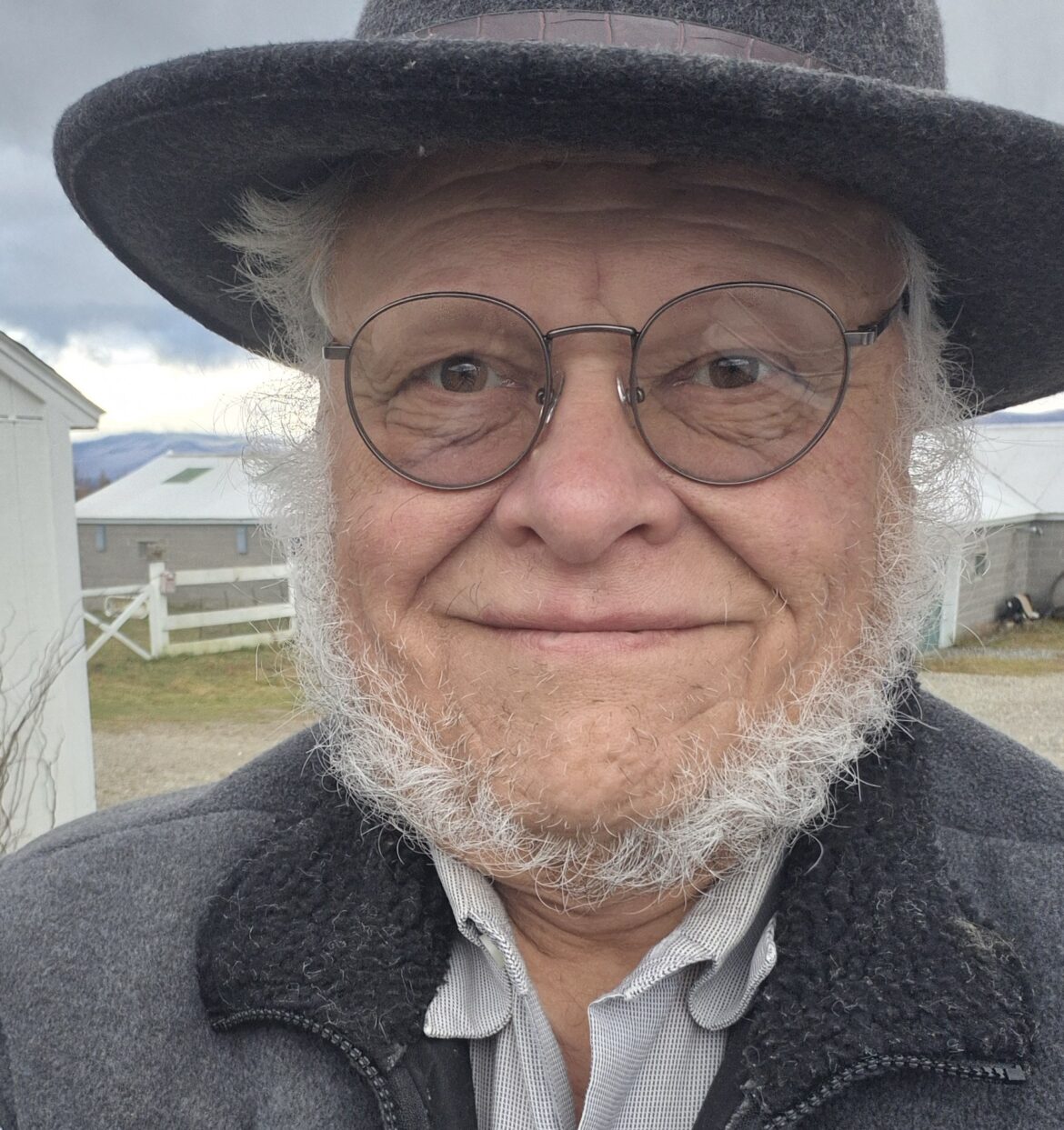By Theodore Bosen
This week, I attended a summit meeting of the North Country Food and Agriculture Council at the White Mountain Regional High School, “Home of the Spartans.”
The Council’s mission includes supporting the development of a resilient food and agriculture system in Northern New Hampshire by strengthening the food supply chain, investing in regional processing facilities, building a network of shared food storage, reducing food waste, enabling new farming ventures, and altogether promoting access to healthy local food. Its members consist of farmers, farmers markets, food stores, food pantries, farm-to-school programs, conservation organizations, food coops, agricultural support organizations, and the UNH cooperative extension service.
In recent years. there has been remarkable growth in north country agriculture. One can find a variety of locally produced foods in our farmers markets and other outlets, the most notable being the Littleton Food Coop, which provides its members and others with a rich variety of produce of all kinds while supporting both local producers and area food pantries. On our own farm in Berlin, a former dairy farm, we raise goats, chickens, and pumpkins, while experimenting on various other farm projects with an eye toward becoming a resource for those seeking to explore homestead farming.
This North Country agricultural revival was indeed looking up until last week when Donald Trump and Elon Musk put the kabosh on USDA funding. Nearly everyone participating in the summit expressed feeling the pinch from the funding freeze. Cut off presently is the funding of conservation contracts, typically in the form of cost-sharing arrangements where farmers are reimbursed for practices that help conserve and protect soil, water, and the environment. Grants for marketing farm products and for buying equipment for distribution were also halted, as were rural energy grants for installing solar panels, heat pumps. Moreover, programs providing subsidies for better food access among the indigent, which reimburse producers part of the cost of providing cheap and free food to combat the region’s food insecurity, are also on hold. Most of the farmers and organizations participating in the summit expressed concerns about their ability to continue for very long without the USDA keeping its end of the bargain on their projects, most all of which are well in progress.
Although the freeze on funding ordered by Trump was under the guise of eliminating “waste, fraud, and abuse,” clearly, were that the reason, he would not have fired all the independent Inspector Generals who collectively last year saved taxpayers $93 billion by finding inefficiencies in government programs. Trump’s party controls congress, so he could lawfully seek their support for efficiency changes. It appears, however, that his real purpose is to simply establish an imperial presidency instead. The entire budget of the USDA, with all its programs, is a mere 4% of the federal budget, so the cuts will hardly be noticed in the overall budget, but the ramifications from the resulting decline in rural agricultural investment will be severe – fewer family farms, higher food prices, and fewer healthy choices – especially in designated “food deserts” like ours. Ironically, rural northern New Hampshire has consistently voted for Trump in all three general elections. Surely these voters did not vote for the destruction of small family farms in favor of tax breaks for billionaire oligarchs like Musk!
Attendees at the summit seemed hopeful that the freeze would not last, because a judge had just issued a Temporary Restraining Order directing that the funds, illegally cut off by Musk, be immediately released. However, after two successive court orders to that effect, there has been no action to release them. These programs, established and funded by congress, can be constitutionally modified with the consent of congress. Yet, if Trump follows his Vice President’s advice to challenge the courts to enforce orders themselves, then Constitutional government in America is dead, because the courts rely on the U.S. Marshalls for enforcement, controlled by the DOJ which, having renounced its traditional independence, has already declared itself to be an arm of Trump.
Ominously, this week in the New Hampshire House, there was an effort by free-staters, including reps from the north country, to delete civics, history, and world languages, among other subjects, from the list comprising components of the ‘adequate education” to which public students are constitutionally entitled (HB283). It failed in committee, but the attempt to eliminate teaching students our Constitution and its heritage will undoubtedly resurface. As I sat there at White Mountain Regional, listening to the apprehensions of the agricultural community regarding future USDA support, surrounded by images of my Spartan ancestors on the doors and walls, I felt the portents of Trump’s scheme to ignore the checks and balances outlined in our Constitution. They give equal power to the legislature and the judiciary, and the fate of our Constitutional form of government depends on his keeping his oath to protect and defend it.
If this effort to eliminate teachng constitutional civics and history succeeds, the historic figure who first authored a constitution in western civilization, Lycourgos, whose bust is enshrined on the back wall of our own Supreme Court, as well as the Spartan city-state that famously fought to the death to remain faithful to it, will soon be forgotten, rendering those Spartan images around WMRH mere forms without substance. Like our own Constitution, the Spartan one established equal rights and separate, elected branches of government – even two elected kings. Each branch provided a check and balance on the others such that Sparta, 2,500 years ago, became the first western society governed by laws, not men. We, who due to their ultimate sacrifice at Thermopylae, have enjoyed the benefits of such a constitutional system, will disgrace their memory if we don’t stand up to defend ours now. And preserving our democratically-earned agricultural programs, as congressionally enacted, is as good a place as any to start.
Theodore Bosen
Berlin





